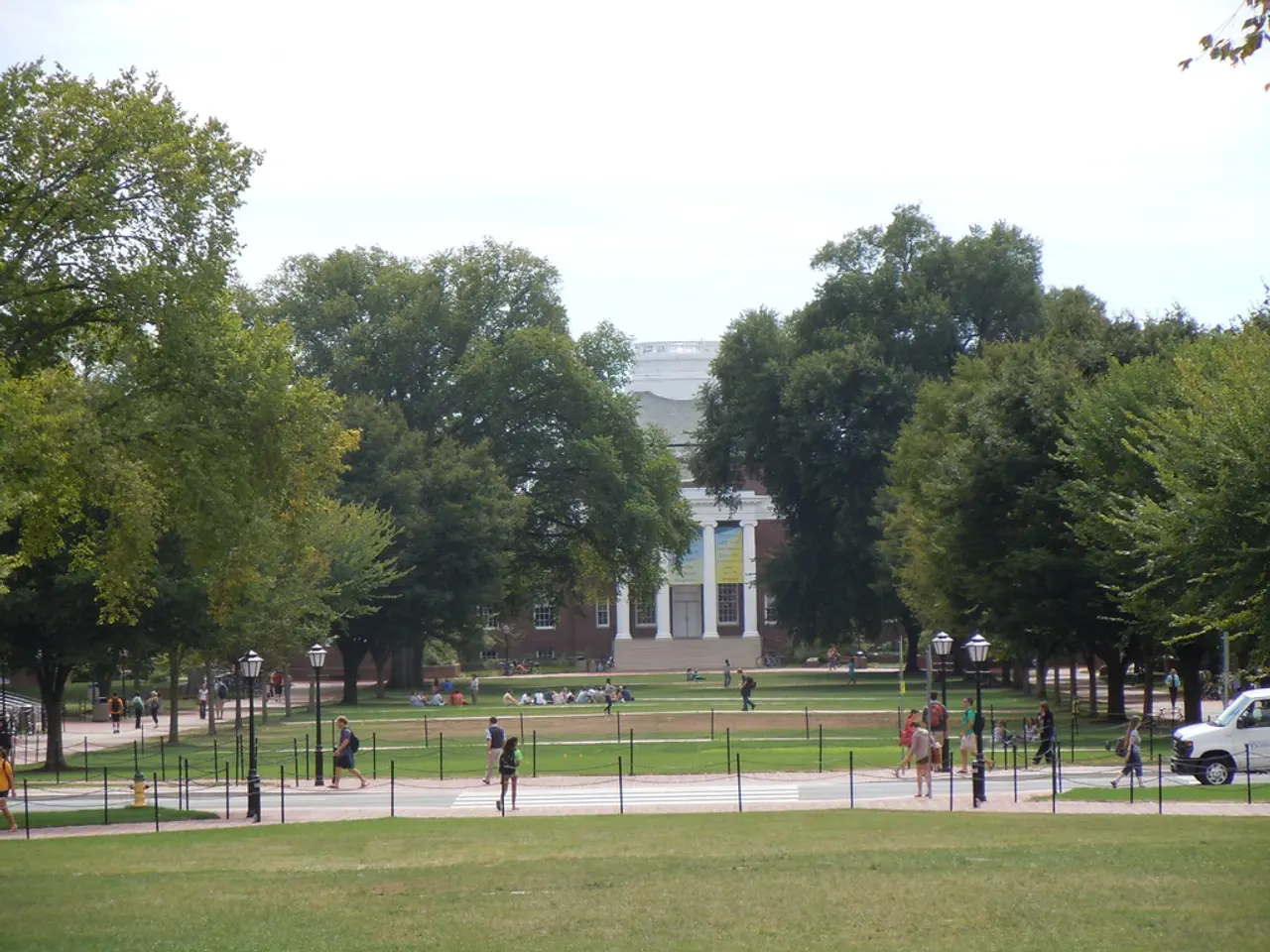Applicant's Tense Periods of Anticipation
In the year 2024, a survey of over 5,000 prospective students revealed a shift in the concerns of applicants as they prepare for college. The findings indicate that students are experiencing increased worries about admission processes, academic performance, finances, and social interactions, reflecting broader pressures affecting their college journey.
Key findings from the survey include:
- Mental health and social connection have become central worries for many applicants. In a 2025 survey of incoming college freshmen, 57% felt lonely, 30% worried about forming meaningful relationships, and 83% expected to use or were open to campus mental health services.
- Over half of the students surveyed expressed concerns about keeping up with academic demands, amidst these pressures. The anxiety about academic preparedness is compounded by inequities in access to advanced coursework, such as calculus, prompting institutions to reconsider evaluation criteria to include data science and statistics, fields more aligned with career goals and workforce demands.
- Financial pressures are significant for many students, with over half planning to work part-time during college and 14% expecting full-time employment. The national student loan debt rose 2.85% year-over-year in late 2024, indicating growing financial burdens even as overall enrollment increases.
- Additional societal concerns include anxiety about the political (61%) and social climate (58%), contributing to overall stress during the college transition.
- College enrollment in the U.S. has increased by 3.2% from spring 2024 to spring 2025, with continuing diversification of the student population, including older students and career changers, further complicating admission and retention dynamics.
Artem Vasilyev, Rector of Synergy University, noted that the number of those experiencing severe anxiety has decreased, but the number of those worried about the admission process and academic performance has increased. In response, the university aims to make the admission process more comfortable and help applicants make an informed decision.
Other common fears among applicants include not getting admitted at all (a 10% increase from last year), not mastering knowledge and skills well, becoming bad specialists, working in a field unrelated to their major, losing interest in their chosen profession, not finding friends and fitting in, and not being able to afford tuition or housing in the new city.
The main fear of applicants remains the admission process itself, highlighting the need for institutions to adapt support services, mental health resources, and admissions criteria to address these multifaceted pressures.
[1] "2025 National Survey of College Freshmen" [2] "National Center for Education Statistics" [3] "Federal Reserve Bank of New York" [4] "U.S. Department of Education" [5] "Association of American Colleges and Universities"
- In light of the survey results, it appears that concerns about mental health and social connection, as well as academic demands, are critical worries for prospective students, indicating a need for institutions to expand support services and mental health resources.
- Interestingly, financial pressures also stand out as a significant concern for many students, with a majority planning to work part-time during college and a considerable number expecting full-time employment, highlighting the importance of institutions offering resources to help manage these financial strains.




